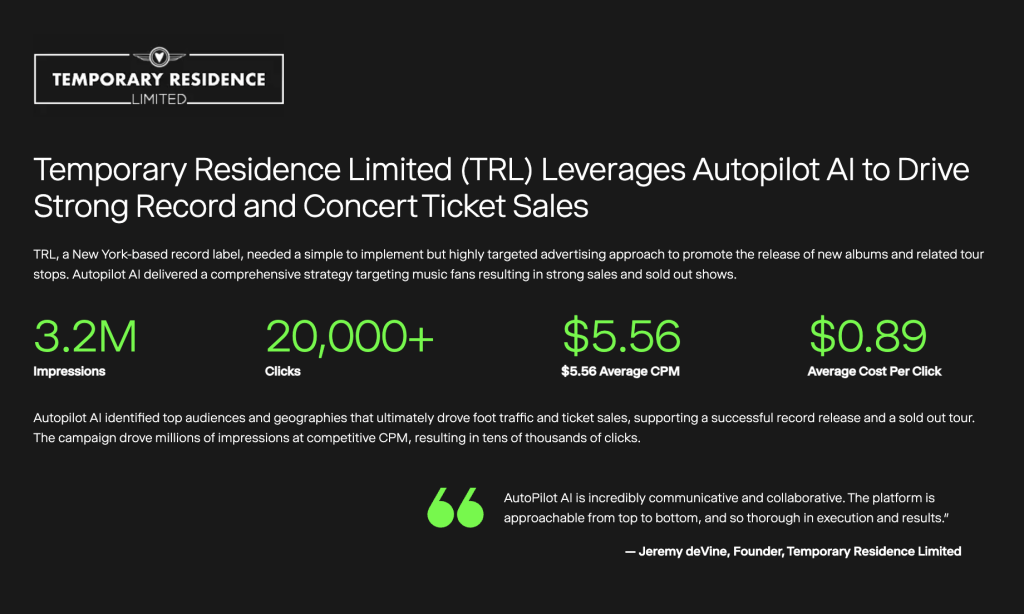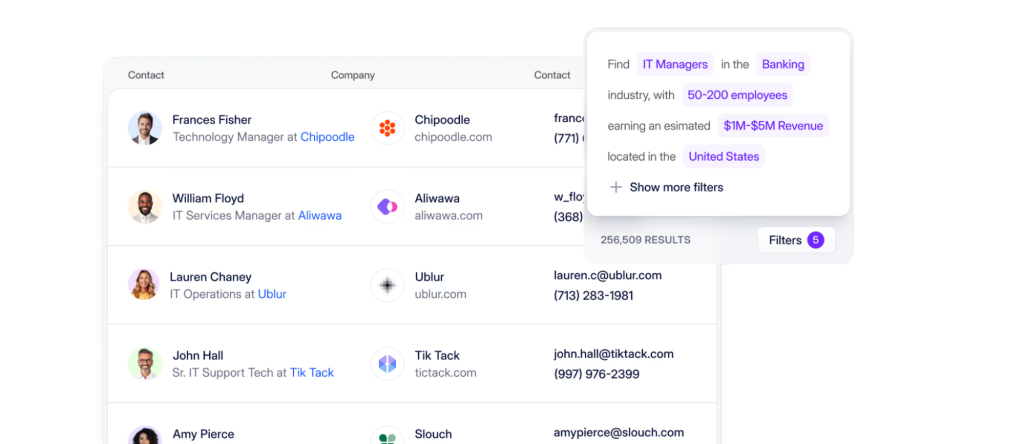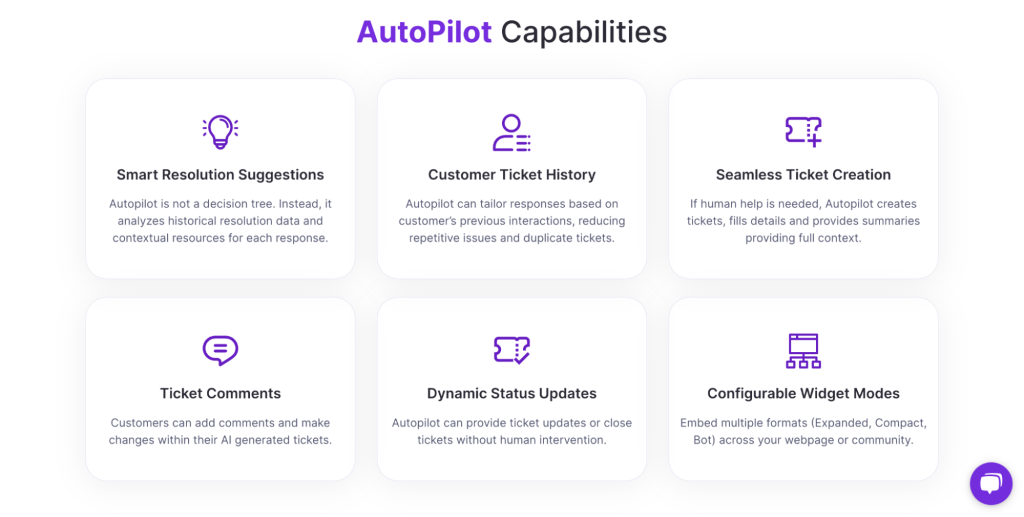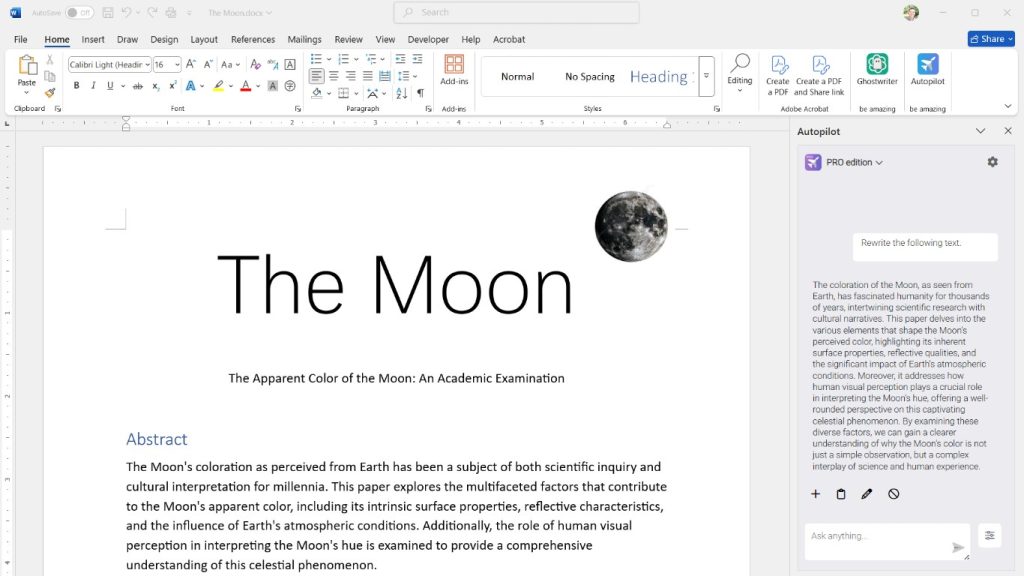AI is rapidly evolving with new technology and software that transform modern businesses across all industries and departments. Last year, AI was assisting professionals in their work. Nowadays, professionals delegate entire workflows to AI, and it’s looking promising.
One of the latest trending buzzwords in the scene is “AI Autopilot” tools that promise end-to-end automation for all kinds of business processes, with little human oversight.
As a result, numerous companies rushed to name their new sub-products or features ‘AI Autopilot’ to position themselves as early adopters of this tech.
We’ve found this present in all kinds of software, from marketing ad platforms and sales prospecting engines to inbound customer support.
But the main question is: “Are AI Autopilots worth the hype?”, especially given the already-existing AI agents that not only handle certain business processes but integrate as fully-fledged employees into your teams.
Let’s break down the key players offering AI autopilot tools and features and explain exactly what they do for your business, and whether they’re worth investing in.
What is AI Autopilot?
In general, AI Autopilot is an umbrella term that refers to software that automates entire workflows or processes without constant human intervention. Instead of having to explicitly direct every action, these AI systems take full ownership of these tasks by making data-driven decisions.
The main selling point of Autopilot AI is that it can handle routine, time-consuming tasks at scale, so your team can focus on the higher-value strategic and creative tasks at hand.
Key benefits of AI Autopilot include:
- Saving time → by automating repetitive tasks, teams can save hours of manual work to handle more customers, campaigns, tickets, etc.
- Scalability → AI bots can work 24/7 and handle large volumes of tasks without fatigue or dropping in quality.
- Consistency → an AI autopilot tool consistently applies best practices for top-quality output and continuously optimizes its work by learning on the job (for example, tweaking ads based on their performance for better ROI).
- Strategic focus → by delegating monotonous tasks to AI autopilots, professionals can focus their efforts on creative, strategic, and other high-impact work.
In short, think of an Autopilot AI tool as a virtual AI assistant that handles certain job functions, just like a human employee would.
We’ll now explore some of the top AI Autopilot software on the market, and then take a look at how they compare with dedicated AI Agents to better understand their value and performance. But first…












